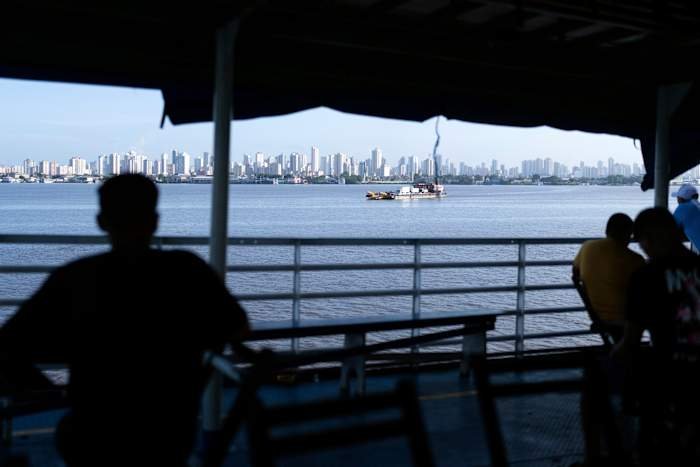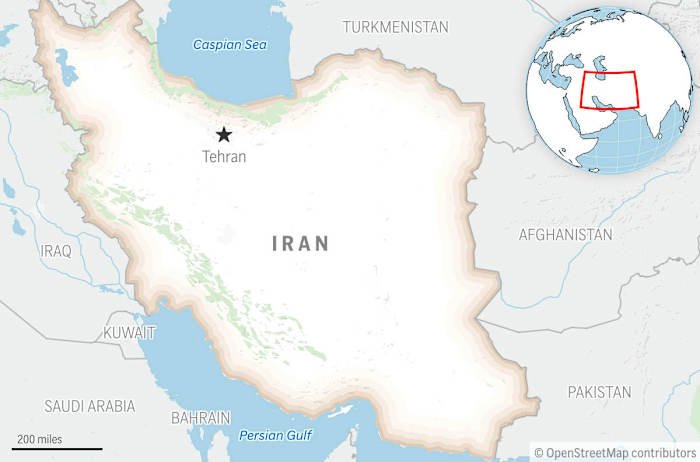As the upcoming United Nations climate change conference draws near, concerns are rising about the accessibility of this crucial event. Scheduled to take place in Belem, Brazil, the conference is set to host world leaders, scientists, activists, and concerned citizens from around the globe. However, with less than two months left, many would-be attendees—especially those from underfunded organizations and developing regions—are struggling to secure affordable housing and travel arrangements. This issue isn’t just global; it resonates locally, with Orlando-area climate advocates and organizations facing similar hurdles.
The Importance of the UN Climate Conference
The United Nations Climate Change Conference, often referred to as COP (Conference of the Parties), is a pivotal event in the global fight against climate change. This year, the conference is being held in Belem, a relatively small city situated in the Amazon region of Brazil. The conference will bring together negotiators, scientists, activists, and policymakers to discuss strategies for combating climate change, reducing emissions, and supporting vulnerable communities.
For Orlando and Central Florida, participation in these talks is vital. Our region is already experiencing the effects of climate change, including more intense hurricanes, rising temperatures, and increased flooding. These conferences are where policies are shaped—policies that can help cities like Orlando adapt and transition to a more sustainable future.
Belem’s Limited Capacity and Soaring Prices
Belem, while rich in biodiversity and cultural history, is not equipped for an event of this magnitude. With a population of just over 1.5 million, its hospitality infrastructure is far smaller than that of major cities like Rio de Janeiro or São Paulo. As thousands of delegates, journalists, and activists descend on the city, the demand for hotels and rental accommodations has skyrocketed.
Reports indicate that prices for lodging have doubled or even tripled, squeezing out smaller non-profits, Indigenous groups, and grassroots activists—many of whom are essential voices in the climate debate. The cost of travel to Brazil, especially from the United States, is also higher than in previous years.
Orlando-based environmental groups, many operating on modest budgets, have reported difficulty in arranging affordable travel and accommodation for their representatives. This means fewer local voices may be present at a moment when regional perspectives are more important than ever.
Why Representation Matters: Voices From Orlando and Beyond
Climate change is a global issue, but its impacts are deeply local. For Orlando, this means addressing threats like sea level rise, extreme heat, and storm surges. Having local representatives at international forums helps ensure that the unique challenges facing Central Florida are considered in global policy-making.
Local organizations, such as the Green Works Orlando initiative, often rely on these conferences to build partnerships, share success stories, and learn from others. The inability to attend due to financial constraints could limit Orlando’s influence on climate policy and slow the adoption of innovative solutions in our own backyard.
Additionally, the exclusion of smaller delegations undermines the conference’s goal of inclusivity, particularly for those from the most affected and least-resourced communities. This trend risks sidelining the very people who have the most to gain—and lose—from decisive climate action.
Calls for Change: Making Climate Conferences Accessible
The issue of affordability at major climate conferences is not new, but the situation in Belem has brought it into sharp focus. Many are calling for the UN to adopt hybrid models, offer more financial aid, or choose host cities with the capacity to accommodate large, diverse crowds.
From Orlando to other cities around the world, environmental advocates are urging organizers to rethink how these events are planned. Virtual participation options could help ensure that important voices are not left out. Scholarships or travel grants could also support delegates from underrepresented regions.
For now, groups in Orlando and beyond are seeking creative solutions, like partnering with international organizations or crowd-funding, to ensure their presence at the table. Their hope is that future conferences will be more accessible—and truly global in representation.
Looking Forward: Orlando’s Role in the Global Climate Conversation
As preparations for the Belem conference continue, the challenges faced by Orlando’s environmental community highlight the need for more inclusive and accessible international forums. Climate action requires the input and engagement of all stakeholders, regardless of their financial means.
Despite the obstacles, Orlando remains committed to climate leadership. Whether through hosting local events, participating virtually, or finding ways to send representatives to Brazil, our city continues to push for action that protects both our local environment and the global community.
Conclusion
The upcoming UN climate talks in Brazil bring both hope and frustration. While they offer a platform for urgent action, the high cost of participation threatens to silence many important voices—including those from Orlando. As we look ahead, it’s crucial that future conferences become more accessible, ensuring that every community, no matter its resources, can have a say in our planet’s future.
What do you think? Should international conferences do more to include underrepresented voices? If you or your organization have faced similar challenges, let us know in the comments below—we want to hear your thoughts and experiences!
















